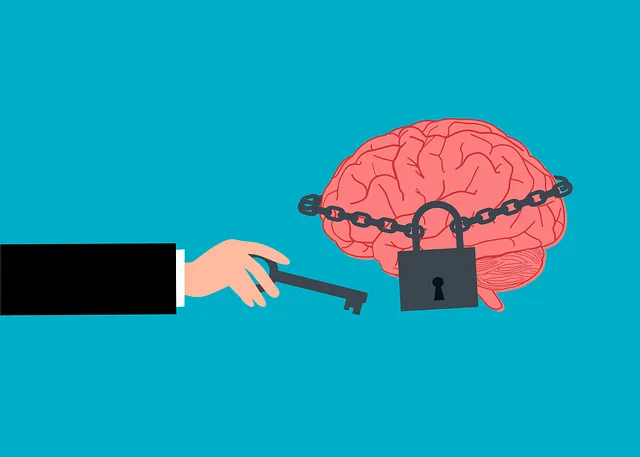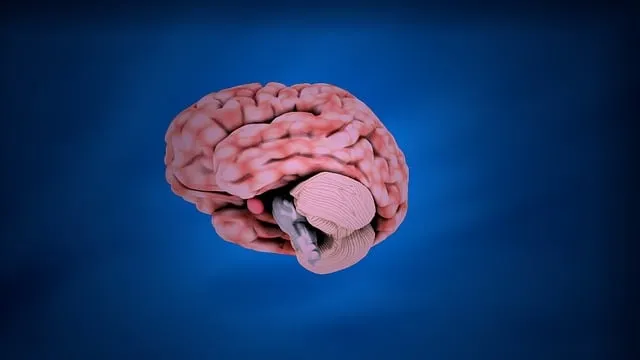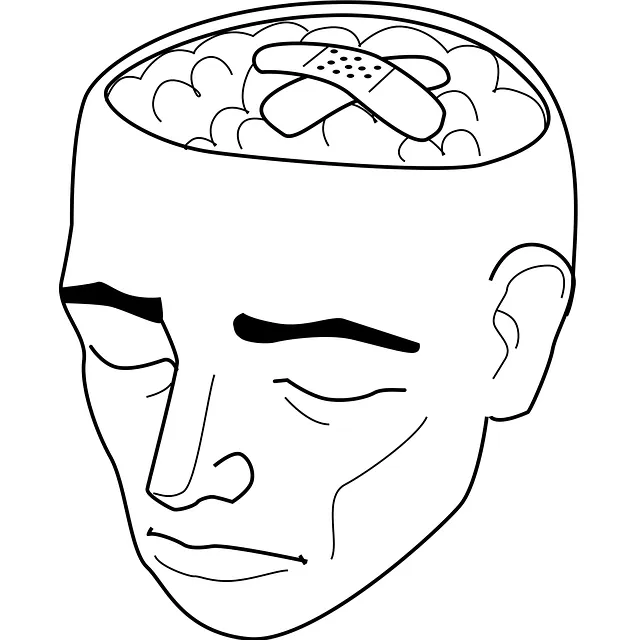Englewood Kaiser Permanente's Crisis Intervention Teams (CITs) provide specialized support for severe emotional crises through de-escalation, active listening, and crisis resolution skills. Their comprehensive training program focuses on empathy, cultural sensitivity, stress management, and self-esteem improvement, empowering healthcare professionals to address acute and long-term mental health needs. The CIT programs use evidence-based methods, role-playing, and peer feedback to enhance confidence in managing crises, ensuring compassionate, culturally tailored care for diverse patients. Evaluations ensure real-world application and adaptability in serving vulnerable communities.
In the realm of mental health care, crisis intervention teams (CITs) stand as a vital resource, offering prompt and effective support during critical moments. This article explores comprehensive crisis intervention team training programs, drawing insights from Englewood Kaiser Permanente’s pioneering approach. We dissect key components, practical skills, and strategies to ensure real-world application, while emphasizing the importance of continuous improvement in crisis response. By examining successful initiatives like Englewood Kaiser Permanente’s, this guide illuminates best practices for enhancing mental health support systems.
- Understanding Crisis Intervention Teams: A Vital Resource in Mental Health Care
- Englewood Kaiser Permanente: Setting the Stage for Comprehensive Training
- Key Components of Effective Crisis Intervention Team Training Programs
- Practical Skills and Strategies for Real-World Application
- Measuring Success and Continuous Improvement in Crisis Response
Understanding Crisis Intervention Teams: A Vital Resource in Mental Health Care

Crisis Intervention Teams (CITs) are a vital resource in mental health care, particularly in settings like Englewood Kaiser Permanente. These specialized teams provide immediate and effective support to individuals experiencing severe emotional crises, such as suicidal ideation or psychotic episodes. By integrating CIT training into healthcare systems, organizations like Englewood Kaiser Permanente prioritize early intervention and evidence-based practices, ultimately enhancing patient outcomes.
The role of a CIT goes beyond standard first response. Team members are equipped with skills in de-escalation techniques, active listening, and crisis resolution strategies, enabling them to foster emotional healing processes. Moreover, regular Stress Management Workshops and self-esteem improvement programs organized by such teams contribute to a holistic approach to mental health care, addressing not just acute crises but also long-term psychological well-being.
Englewood Kaiser Permanente: Setting the Stage for Comprehensive Training

Englewood Kaiser Permanente has set a commendable example for comprehensive crisis intervention team (CIT) training programs. By prioritizing mental health awareness and empathy-building strategies, they equip healthcare providers with crucial skills to navigate complex emotional scenarios. This innovative approach goes beyond traditional Healthcare Provider Cultural Competency Training, fostering an environment where professionals can effectively support individuals in distress.
Through interactive workshops and real-life simulations, Englewood Kaiser Permanente’s program delves into various aspects of crisis management. Participants learn not only technical interventions but also the art of cultural sensitivity, ensuring they can offer tailored care to a diverse range of patients. This holistic training prepares CIT team members to handle emergencies with compassion, making a significant impact on patient outcomes and overall mental health support within the healthcare system.
Key Components of Effective Crisis Intervention Team Training Programs

Effective crisis intervention team (CIT) training programs are multifaceted, designed to equip healthcare professionals with essential tools for managing acute mental health crises. At Englewood Kaiser Permanente, for instance, such programs prioritize comprehensive instruction in several key areas. Firstly, they focus on Mindfulness Meditation techniques to enhance emotional regulation and reduce stress among team members, fostering a calm environment conducive to effective intervention. Secondly, CIT training emphasizes Mental Health Policy Analysis and Advocacy, ensuring professionals are not only equipped to handle crises but also understand the broader systemic issues impacting mental healthcare access and outcomes.
Additionally, these programs delve into evidence-based crisis interventions, including de-escalation strategies tailored for diverse populations. They incorporate role-playing scenarios that simulate real-life crisis situations, allowing trainees to build confidence and refine their decision-making skills under pressure. The inclusion of peer support training further strengthens CIT teams, fostering collaboration and resilience among members. Ultimately, these multifaceted programs aim to create competent, confident, and connected teams ready to effectively respond to and resolve mental health crises in diverse community settings.
Practical Skills and Strategies for Real-World Application

Englewood Kaiser Permanente’s mental health crisis intervention team training programs equip healthcare providers with practical skills and strategies essential for real-world application. These comprehensive courses delve into evidence-based practices, teaching participants how to de-escalate high-stress situations, recognize early warning signs of mental health crises, and provide immediate, effective interventions.
The programs emphasize hands-on learning, role-playing scenarios, and peer feedback sessions, ensuring that healthcare providers gain the confidence needed to navigate complex emotional landscapes. By integrating self-esteem improvement techniques, conflict resolution strategies, and cultural competency training, Englewood Kaiser Permanente ensures that their teams are equipped to offer compassionate, culturally sensitive care tailored to each individual’s unique needs.
Measuring Success and Continuous Improvement in Crisis Response

Evaluating crisis intervention team (CIT) programs is a multifaceted process, especially when considering the profound impact they can have on vulnerable individuals and communities. Success in CIT training goes beyond mere knowledge retention; it’s about fostering skills that translate into real-world scenarios. At Englewood Kaiser Permanente, for instance, their mental health professionals emphasize continuous improvement through regular assessments and feedback mechanisms. This involves post-training evaluations to gauge participants’ comprehension of crisis interventions and their confidence in applying these techniques.
Additionally, they incorporate practices like Mindfulness Meditation and Stress Management workshops to enhance emotional resilience among team members. By integrating Mood Management strategies into the curriculum, Englewood Kaiser Permanente ensures that CIT trainees are equipped not just to respond to crises but also to navigate them with empathy and effectiveness. This holistic approach to crisis response training enables the development of adaptable, compassionate professionals who can better serve their communities.
Crisis intervention team (CIT) training programs, as exemplified by Englewood Kaiser Permanente’s comprehensive approach, are indispensable for enhancing mental health care. By focusing on key components like practical skills, real-world application, and continuous improvement, these programs equip healthcare professionals to effectively navigate crises. Investing in CIT training is a crucial step towards creating a more responsive and compassionate mental health support system, ensuring better outcomes for individuals in need.






